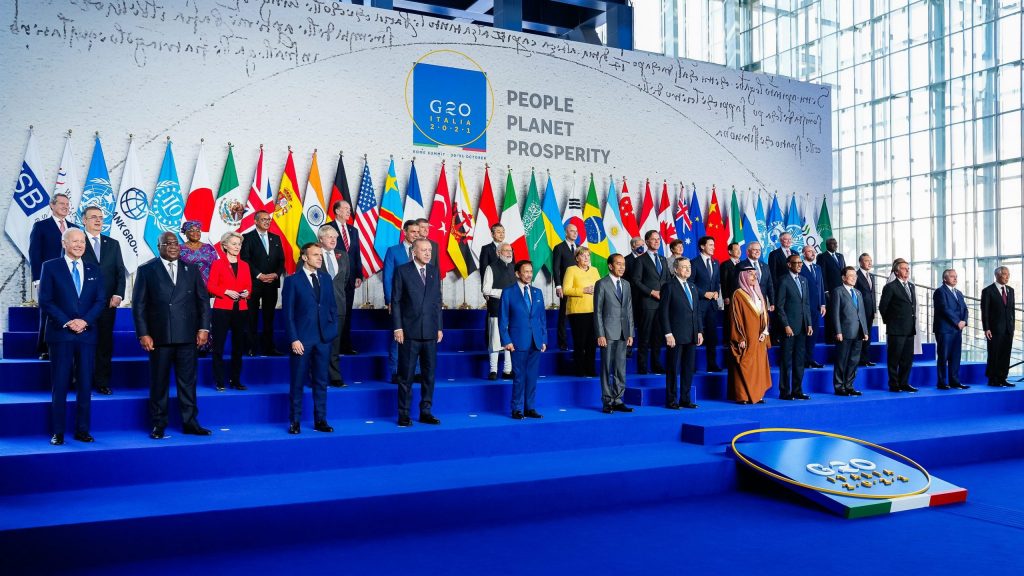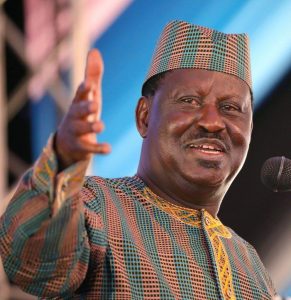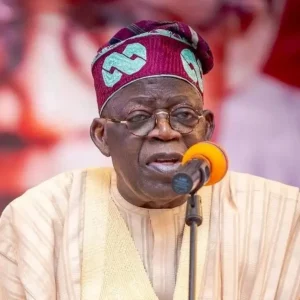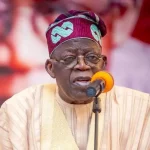By
Seleman Yusuph Kitenge

As a result of the ongoing Sino-US competition where any possibility of cooperation is edging out, the world is getting more and more bipolar. Economic issues are still evidently important but geopolitical power is taking new forms.
Major players in global politics such as the U.S., China and the EU are currently involved in extreme economic and technological competition over control of the modern levers of power i.e., global rules and institutions, standards, trade and technology. Consequently, tensions and distrust affect diplomatic and institutional cooperation among these global superpowers which also impact African countries that heavily depends on both China and the West on economic development support.
The existence of global conflicts such as the Russia-Ukraine war and Israel-Palestine War as well as other regional and internal conflicts in the great lakes’ region as well as in the Sahel region and North Africa pose a major concern to global peace and security. It also impedes human capital development as well as socio-economic development of many countries in Africa which are still far behind in achieving global and continental development blueprints such as Agenda 2030 and Agenda 2063 respectively.
Furthermore, the geopolitical environment is becoming more complex due to the emergence of non-traditional threats like cyberwarfare, climate change and terrorism which continue to affect a lot of countries in Sub-Saharan Africa.
According to the global terrorism index of 2023, the Sahel region constituted about 43% of the global total in 2022. Moreover, Burkina Faso and Mali accounted for 73 per cent of terrorism deaths in the Sahel in 2022 and 52 per cent of all deaths from terrorism in sub-Saharan Africa. Hence, the magnitude of these crises indicates how problematic the situation is across the continent and why it is essential for the G20 to closely work with Africa in addressing them.
The Relevance of G20 for Africa
The world needs Africa in the construction of global solutions…we are not given a favor; we are needed at the table. This is because we are part and parcel of the impact of the decisions that are made on this table. Therefore, the G20 which serves as a critical platform for addressing global economic issues and fostering cooperation among major economies need Africa as an equal partner and not a charity case. Thus, recent AU accreditation as the 21st member of the G20 provides avenue for Africa to have a direct voice on global challenges that have an impact on the continent. Moreover, the AU membership in the G20 create a linkage between African countries and the global north in addressing shared concerns, promoting trade and investments in the continent especially now that African countries are operationalizing the African Continental Free Trade Area (AfCTA).
Key Development Challenges Facing Africa
Africa is currently facing several development challenges such as persistent poverty and inequality, infrastructure inadequacies, health crises, food insecurity, political instability and governance issues which hinder effective policy implementation and social progress for most countries in the continent. However, the main challenge will be fighting fragmentation and building our internal market to help African countries to reduce its dependent on external market where in most cases it has been unfair to African commodities.
African Leadership
With a median age of 19 and a non-finalized demographic transition, new governance systems will emerge in Africa leading to a radical change in the forms of leadership currently known. Therefore, to effectively navigate such complexity, efforts should be directed toward institutional building, transparency promotion, and inclusive governance to prepare the continent for such transition and most importantly, address the challenges that comes with it.
Furthermore, public-private partnerships and regional cooperation should be emphasized in overcoming common challenges as well as promoting sustainable development. In this regard, AfCFTA offer a unique opportunity for African leadership to address internal market challenges collectively rather than individually which makes it difficult to yield sustainable results.
Mapping the Future
For the outlook, prospective analysis is harder than ever…anything can happen. However, deliberate efforts to integrate economic, social, and environmental considerations in African development strategies and plans is essential going forward.
In addition, enhanced collaboration between Africa and global platforms like the G20 and ensuring that the continent has a permanent seat in global key decision making tables will amplify Africa’s voice as a strong, united, resilient and influential global player and partner.
Lastly, Africa contributes just 2 percent of world research output, and Only 1% of global investment in R&D is spent in Africa. To address the current and unforeseen challenges of the future, the continent will need to increase investment in education, science, innovation, and technology. This is vital for building a skilled workforce and promoting economic diversification as well getting rid of its dependence on technology transfer from the global north which continues to delay Africa’s progress by leaving the continent on the receiving end.
Seleman Yusuph Kitenge is the Communications and Advocacy Officer at the African Union Development Agency-NEPAD (AUDA-NEPAD).





















